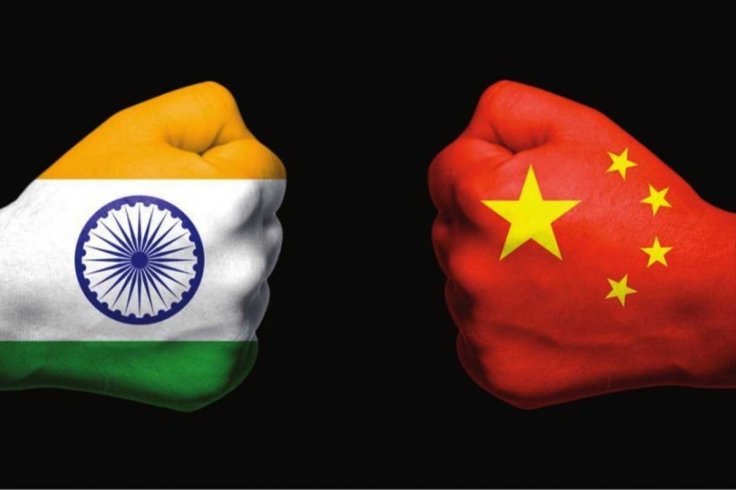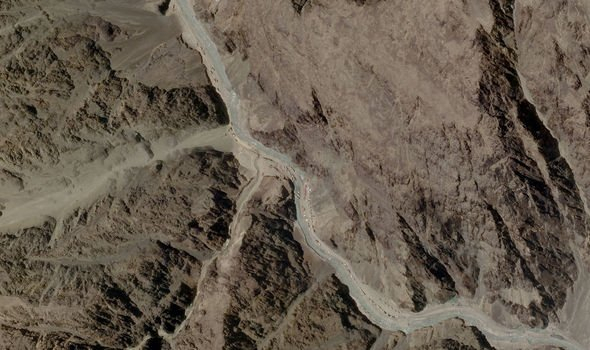Two weeks ago, clashes in the high altitude of Galwan Valley left at least 20 Indian soldiers dead, as per reports. Chinese casualties are not released yet. An all-out war chance is low, said Qiao Liang, a retired air force major general and military theorist, but he warned that China should be more prepared, "We should not overestimate India's response, but we must also not let our guard down," he wrote on WeChat.
Beijing has to take "initiative," in this matter he said. In case of fighting a potential war, "We must strike quickly," he said in order to contain it as a small scale and mid-sized war, "aimed at causing pain to our opponents and hence gaining respect via small wars."
Strategy Recommended

Frontline should be given the initiative to counter an intrusion without the need for any approval from higher command, said a Chinese naval expert, Wang Yunfei, to Beijing, who is also a retired PLA Navy officer, reports Express.
In an article in Ordnance Industry Science Technology, Wang called for China to strengthen surveillance along the border region, so that China can counter-attack "resolutely" in case of Indian transgression into the Chinese side of the Line of Actual Control (LAC). He added that the attack should not be bound by LAC until China completely forces the Indian army "into retreat."
Conflict Until Now

There have been border disputes between the two countries in the past. One broke out in 1962, which made China victorious. Until now, there were occasional clashes breaking out. India's ambassador to China, Vikram Misri said that its claim on Galwan Valley was "untenable". He told the Press Trust of India that China had to decide the direction of mutual relations between the two nations.
Al-Jazeera reported that Beijing accused the Indian Army of "provoking and attacking Chinese personnel," which resulted in such a serious physical confrontation. While New Delhi accused China that it attempted to "unilaterally change the status quo" of the border region.
The region of Aksai Chin is recognized by New Delhi as a part of the union territory of Ladakh, on which there is also a conflict. While a major part of India's Arunachal Pradesh is claimed by China. Back in 2006, ahead of President Hu Jintao's visit to India, China's ambassador to India, Sun Yuxi claimed that the whole of Arunachal Pradesh was considered, a Chinese territory, he told in an interview with CNN-IBN, the comment cost him his job, the following year.








